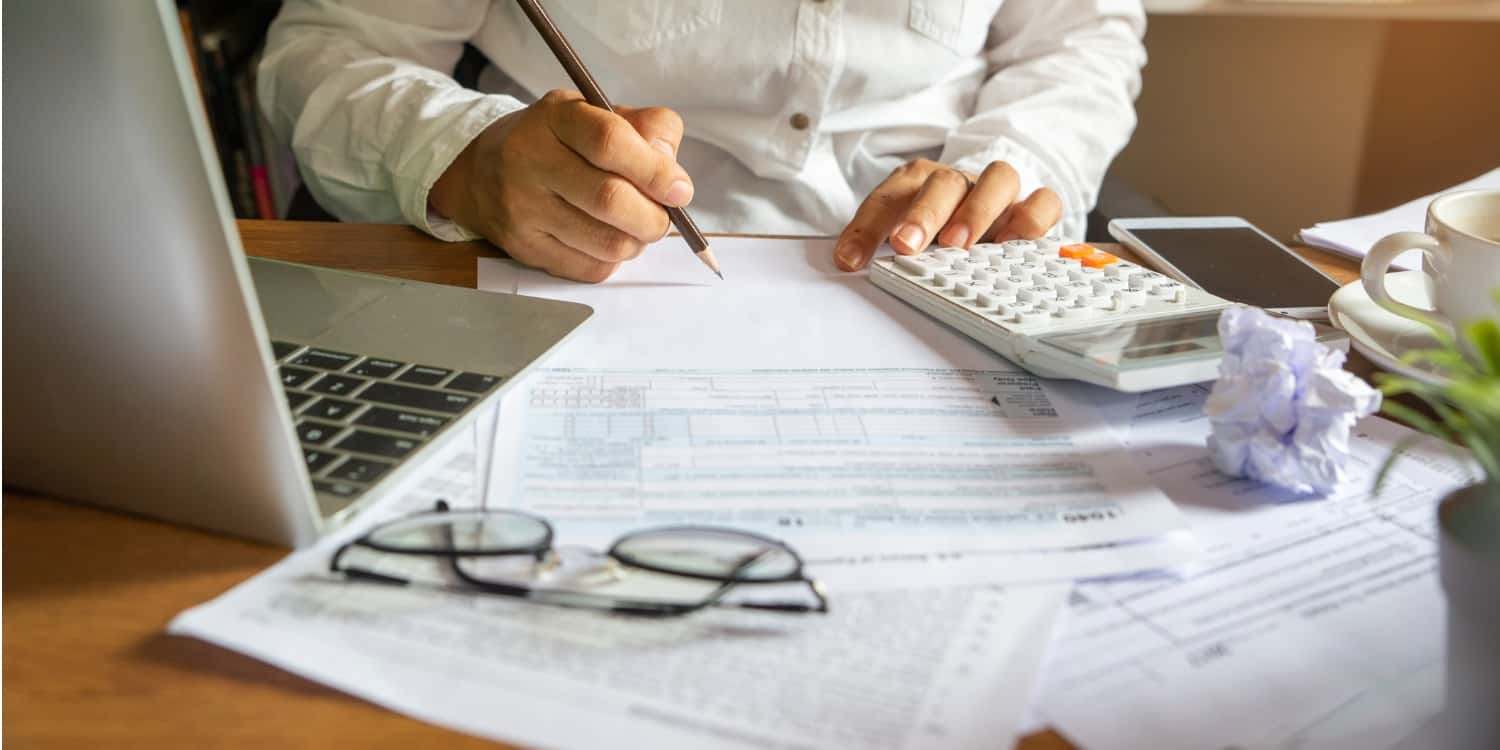Table of Contents
If you set up a limited company in the UK, your duties as a director include the preparation and filing of annual accounts and tax returns. Depending on your company profits and personal income, you will also be responsible for various taxes, including Corporation Tax, Income Tax, National Insurance, and tax on dividends. We’ll take a brief look at each of these obligations below.
Annual accounts
You must report the company’s financial activities to HMRC and Companies House each year by preparing and filing annual accounts.
Accounts for HMRC
- Prepare full (statutory) annual accounts
- Include as part of the Company Tax Return
- Deliver online no later than 12 months after the end of the company’s accounting period for Corporation Tax
Accounts for Companies House
- Prepare full or abridged (simpler) annual accounts, depending on the size of your company, and deliver online
- First accounts due 21 months after the date of company formation
- Subsequent accounts due 9 months after the end of the company’s financial year
Company Tax Returns
You must prepare a Company Tax Return for HMRC on an annual basis, even if your business makes a loss and/or has no Corporation Tax to pay. This tax return must include full statutory accounts.
Your Company Tax Return is used to work out and report profit or loss for Corporation Tax and to calculate how much Corporation Tax (if any) the business owes.
It must be delivered to HMRC online no later than 12 months after the end of the company’s accounting period for Corporation Tax.
Corporation Tax
If you operate through a limited company, you have to register for Corporation Tax within three months of starting to do business. The following rates of Corporation Tax will apply to the taxable profit your business generates in the 2024/25 tax year:
- 19% (‘small profits rate’) if your company makes a profit of £50,000 or less
- 25% (‘main rate’) if your company makes more than £250,000 profit
- The main rate reduced by a ‘Marginal Relief’ if your profit is between £50,000 and £250,000
HMRC will not send you a Corporation Tax bill. You’ll calculate and report the tax liability by referring to your accounting records and preparing a Company Tax Return.
If you owe any tax, it must reach HMRC 9 months and 1 day after the end of your Corporation Tax accounting period.
If no tax is owed, you must tell HMRC before the payment deadline by completing the ‘nil to pay’ form online, or completing and returning the payslip received from HMRC, marking it ‘NIL due’
Self Assessment
Self Assessment is the system that you’ll use to report and pay personal tax on untaxed earnings (e.g. dividend payments, expenses and taxable benefits, director’s loans) that you receive from the company.
Your director’s salary will be paid and taxed through PAYE, but you will have to register for Self Assessment and prepare a personal tax return if you receive additional income that is not taxed ‘at source’.
The Self Assessment filing and payment deadlines for the 2024/25 tax year (6 April 2024 to 5 April 2025) are:
- 5 October 2025 – register for Self Assessment
- 31 October 2025 – if filing a paper (postal) tax return
- 31 January 2026 – if filing an online tax return
- 31 January 2026 – pay any tax you owe
You will notice that all of these deadlines fall many months after the end of the tax year. That gives you plenty of time to prepare your tax return and pay what you owe.
Additional reporting & filing duties for your limited company
As well as the above-mentioned annual filings and tax returns, you must deliver a confirmation statement to Companies House at least once every 12 months. This document confirms key information about the company.
If your company’s VAT taxable turnover goes over the VAT registration threshold of £90,000 in a rolling 12-month period, you must register for VAT with HMRC.
If you plan to pay yourself a director’s salary and/or hire employees, your company must be registered for PAYE with HMRC. This system is used to collect tax from wages and send payroll reports to HMRC.







